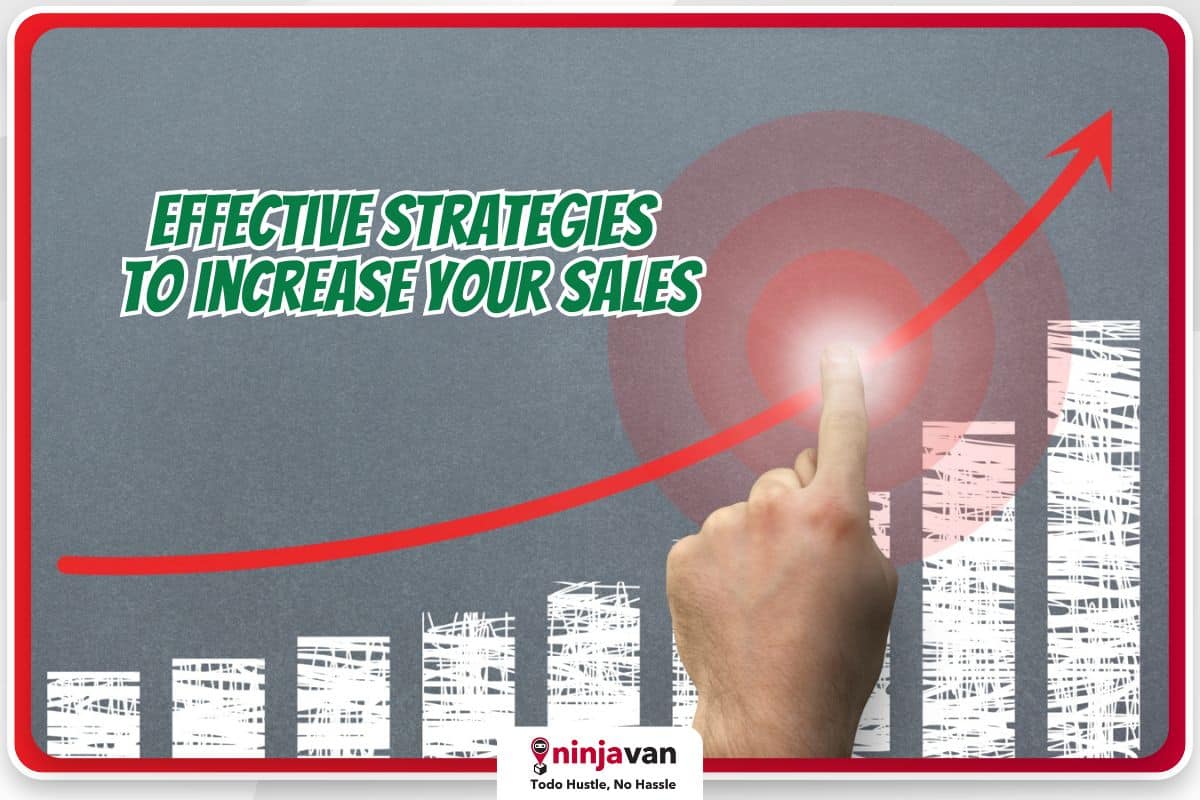Starting a business is exciting, but let’s be real — it’s also challenging.
One of the fundamental keys to thriving in the competitive marketplace is mastering the art of sales. Effective sales strategies aren’t just about closing deals; they’re about sustaining your business, ensuring continuous cash flow and ultimately achieving long-term success.
So, let’s dive into the world of sales techniques tailored for small businesses like yours.
What is a sales strategy?
Let’s clear up some confusion first. What exactly is a sales strategy, and how does it differ from a marketing strategy?
Sales strategy vs. marketing strategy
Sales strategies and marketing strategies go hand in hand, but they serve different purposes within your overall business strategy.
Sales strategy is hands-on and action-oriented, focusing on the day-to-day activities involved in generating revenue. It’s all about the details of selling — the tactics and techniques used to convert leads into paying customers.
It’s about identifying prospects, nurturing relationships, overcoming objections, and ultimately sealing the deal.
On the other hand, a marketing strategy is more about the big picture — the overall plan for promoting your brand and attracting potential customers. It includes a range of activities, from market research and branding to advertising and public relations.
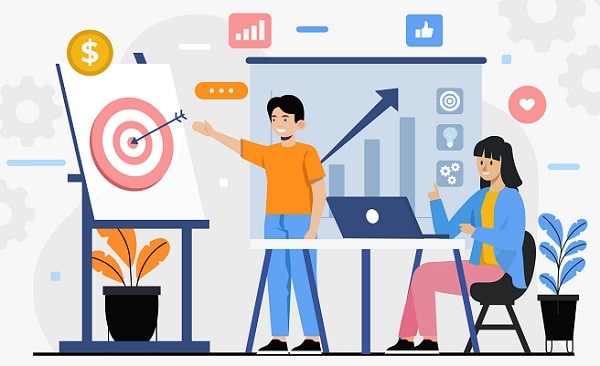
Marketing strategy is about creating awareness, generating leads and shaping perceptions of your brand in the minds of consumers.
While sales strategies are more about converting leads into customers, marketing strategies are about attracting those leads in the first place.
Also read: How to Boost Sales by Diversifying Your Sales Platforms
Why is sales strategy important?
At the end of the day, the success of your business hinges on one thing: revenue. And revenue comes from sales. Without solid sales techniques in place, you’ll struggle to attract customers, close deals, and ultimately make money.
In other words, effective sales strategies are the lifeblood of your business — they’re what keeps the cash flowing and the lights on.
How to build a sales strategy
So, how do you start building an effective sales strategy that works for your business? Here’s a step-by-step guide to get you started:
1. Identify your goals
Start by defining clear, actionable goals for your sales strategy. What do you want to achieve? Whether it’s increasing revenue, expanding your customer base, or launching a new product, make sure your goals are specific, measurable and achievable.
2. Know your customers
Next, take the time to really understand your target market — who they are, what they want, and why they should choose you over the competition.
The more you know about your customers, the better equipped you’ll be to tailor your sales approach to their needs and preferences.
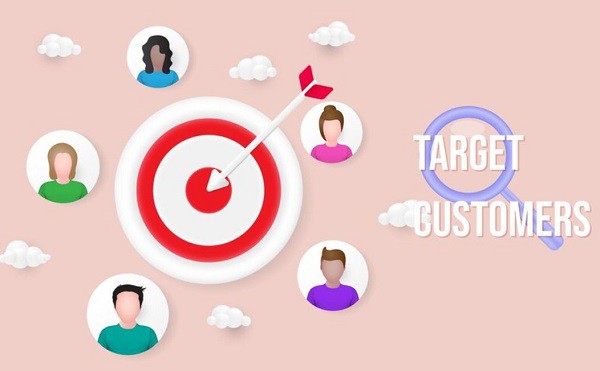
3. Assess your products
Take a good hard look at your products or services.
What are their unique selling points? What sets them apart from the competition? By understanding the strengths and weaknesses of your offerings, you’ll be better equipped to position them effectively on the marketplace.
4. Align with your marketing strategy
Remember, your sales strategy and your marketing strategy should work hand in hand. Make sure your sales tactics are aligned with your overall marketing efforts to create a cohesive, integrated approach to attracting and retaining customers.
5. Train your team
Your sales team should be knowledgeable and have the right skills to succeed. Invest in training and development to ensure they’re up to speed on your products, your customers, and your sales process.
15 effective sales strategies
Now that you’ve got the basics down, let’s talk about some effective sales strategies to increase sales that you can implement to drive success for your business:
1. Increase your online presence
Get your business online, ora mismo! Invest in a user-friendly website, optimize your social media profiles, and leverage online advertising to reach your target audience
2. Email marketing
Email marketing is a cost-effective way to nurture leads, build relationships with customers and drive sales. Use personalized email campaigns to deliver targeted offers and promotions to your subscribers.
3. Content marketing
Create valuable, informative content that showcases your expertise and provides value to your target audience. Whether it’s a brand blog, videos, or infographics, content marketing can help you attract and engage potential customers and drive sales.
4. Social selling
Leverage social media platforms like LinkedIn, Facebook, Instagram, Tiktok, etc. to connect with new consumers, create relationships and display your products or services. Engage with your audience through meaningful conversations and personalized messaging to drive sales.
Download Ninja Van’s white paper on Social Commerce.
5. Referral programs
Encourage your existing customers to refer their friends and family to your business with a referral program. And urge them to leave comments and reviews for your goods and services.
Offer incentives like discounts, freebies, or exclusive perks to increase referrals and drive sales.

6. Upselling and cross-selling
Increase the value of each sale by offering complementary products or upgrades to your customers. Whether it’s a premium version of your product or a related add-on, upselling and cross-selling can help you maximize your revenue per customer.
7. Customer loyalty programs
Reward your loyal customers for their repeat business with a customer loyalty program. Offer points, discounts, or exclusive rewards for their continued support to encourage repeat purchases and drive sales.
8. Sales promotions
You can increase sales and get rid of extra inventory by running limited time sales promotions, such as a flash sale, seasonal promotion, or buy one, get one free discount.
9. Partnerships and collaborations
Collaborate with complementary businesses or influencers in your industry to reach new audiences and drive sales. Whether it’s a co-branded product launch, a joint event, or a cross-promotion on social media, partnerships can help you expand your reach and drive sales.
10. Customer feedback and reviews
Urge and provide incentives to your customers to give reviews and feedback on your products or services. Positive reviews and testimonials can help build trust and credibility with potential customers, leading to increased sales.
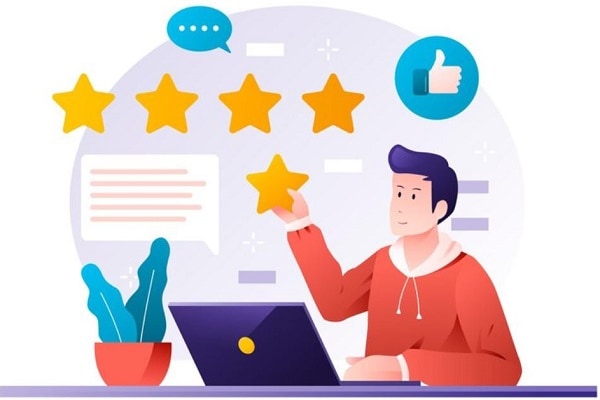
11. Live chat support
Provide real-time assistance and personalized recommendations to website visitors through live chat, addressing inquiries, overcoming objections, and guiding them towards making a purchase.
12. Search Engine Optimization (SEO)
Improve your website’s visibility in search engine results by optimizing keywords, meta tags, and content, increasing organic traffic and generating qualified leads.
Check out these Ecommerce SEO Best Practices you need to know.
13. Paid advertising
Advertising on search engines and social media platforms to reach potential customers with targeted ads based on demographics, interests, and behavior.
14. Networking events
Get out there and mingle! Attend networking events, industry conferences, and trade shows to meet potential customers face-to-face and build valuable connections.
15. Follow-up
Don’t let those leads slip through the cracks! Follow up with prospects in a timely manner, whether it’s through phone calls, emails or personalized messages. Persistence pays off when it comes to closing sales.
Increase your sales with the right strategies
Effective sales strategies are what separate the successful businesses from the struggling ones, the winners from the losers.
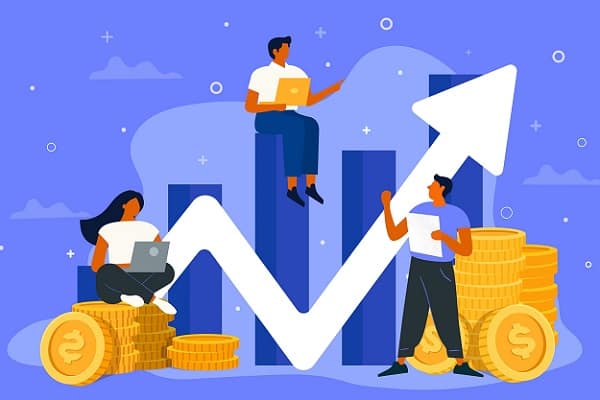
Close more sales by understanding your audience, building meaningful relationships, leveraging and diversifying multiple sales channels, and embracing data-driven insights.
Experimenting and refining your approach based on what works best for your unique business and market dynamics are part of the game. So, roll up your sleeves, get creative and start implementing these strategies to win more sales!
More money tips for your small business:
Creating a Business Budget Plan: A 5-Step Guide
PESONet vs InstaPay: Which is Best for Your Business?
Your Tax Obligations as an Online Seller

